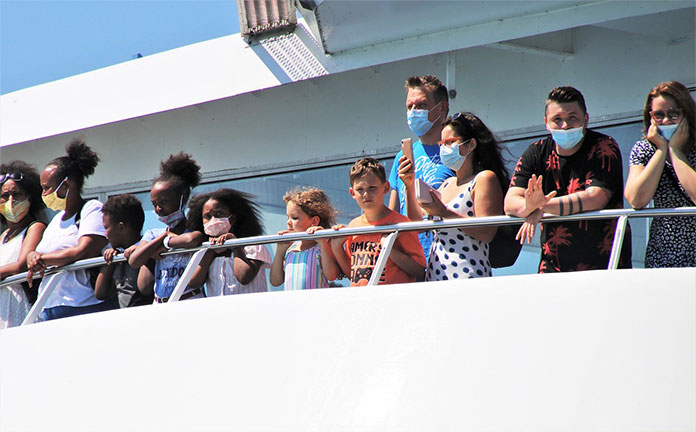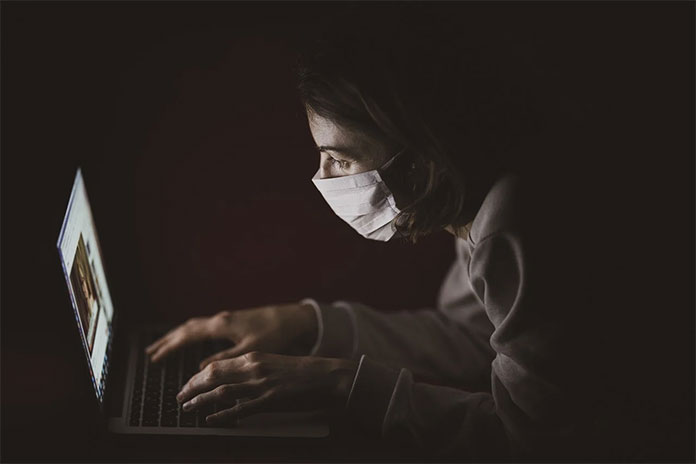
Looking at the social media feeds of my friends and family, it seems most people are falling into one of two camps: panicking over COVID-19 or thinking it’s no big deal.
Where’s the middle ground? What’s the appropriate amount of panic? Walking into grocery stores without a mask to prove how tough you are ain’t it. Stockpiling toilet paper and never leaving the house ain’t it, either.
It has to do with where people get their information. There are some news sources that keep telling people the world is going to end. There are other news sources that are telling people that this will go away on its own.
If you listen to the information coming from health departments and the Centers for Disease Control and Prevention, you get a pretty good idea of what to expect.
Real medical experts are giving the same advice: practice social distancing, wear face coverings, do everything you can to protect the most vulnerable among us. I say “real medical experts” because there are always some quacks. Also, there are always talking heads trying to politicize everything.
Be smart, and be considerate of others. That’s all you really have to do. I’ll say it again: Be smart, and be considerate of others. You have no idea if the healthy-looking person you’re coughing near has an immune disorder, or is taking care of an elderly relative at home. So follow the experts’ guidelines.

My first job as a reporter was for Worrall Community Newspapers. I wrote for two of their papers: The Independent Press of Bloomfield and the creatively-named Glen Ridge Paper. This was in 1999, when the West Nile virus first started hitting the states. At the time, we had to refer to it as WNL, or West Nile-like virus, because it hadn’t been confirmed yet that it had traveled here from Africa.
Every week, we published the dead bird counts. The virus lived in birds, mostly crows, and then mosquitoes carried it to humans. Every week, we’d have to update the public about how many dead birds had been found, and how many had tested positive for WNL.
It’s kind of like the beginning of the pandemic, when each county started reporting positive cases.
Essex County was where West Nile first touched down in New Jersey, probably because of Newark airport, so our little towns suddenly were very important in this global story.
I remember sitting down with the head of the health department. We had never met before, so he didn’t trust me yet. He was very wary of the kind of story I was going to write. Instead of the interview starting with me asking him a question, he started by asking me one. He wanted to know what my article was going to be.
I told him, very honestly, that I wanted to inform the public without making them panic. The health director visibly relaxed and we had a half hour discussion about the realities of the disease and what people can do to protect themselves.
That’s the tactic that journalists should be taking now – and should have been taking from the beginning: letting people know that there is a very real threat out there, but with kindness and intelligence we can mitigate it.
Chris Lundy
News Editor







